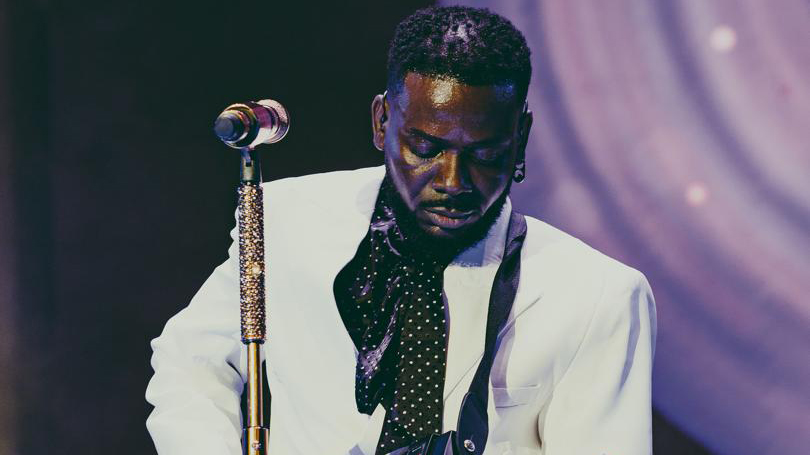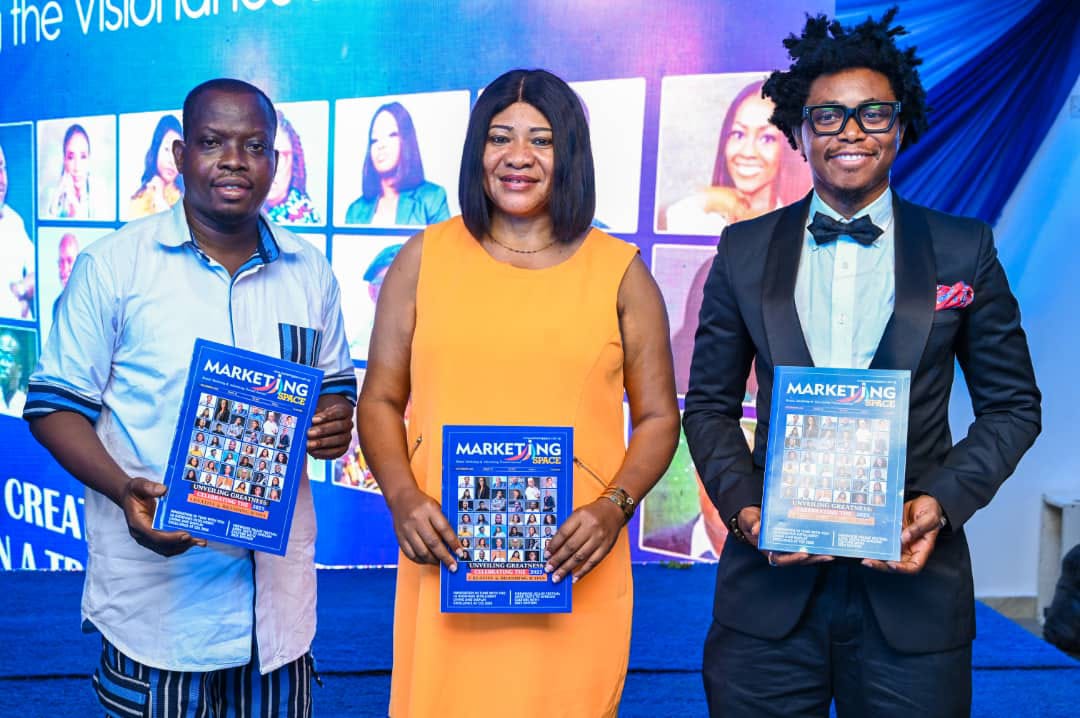In commemoration of the country’s 65th independence anniversary, media professionals have identified the press as critical stakeholder in strengthening democratic culture; hence, the need for government to provide environment that would enhance freedom of expression.
Section 22 of the Constitution says the press; radio, television and other agencies of the mass media shall at all times be free to hold public officers accountable.
Similarly, Article 19 of Article 19 of the Universal Declaration of Human Rights (UDHR) establishes the right to freedom of opinion and expression for everyone, which includes the freedom to hold opinions without interference and to seek, receive, and impart information and ideas through any media and regardless of frontiers.
But in recent times, media practitioners have expressed worries over escalating attacks on journalists.For instance, in June 2025, a correspondent with The Punch newspaper, Olatunji Adebayo, was beaten and his equipment seized by security operatives while covering a protest in Ibadan, Oyo State.
In July 2025, a freelance broadcast journalist in Anambra State, Blessing Okonkwo, was assaulted by police officers who accused her of ‘unauthorized reporting’ while she was filming a demolition exercise.
In August 2025, Ibrahim Garba, a Daily Trust photojournalist in Kano was detained for hours and physically assaulted by political party loyalists while covering a campaign rally.
On September 7, 2025, Kebbi state governor ordered the arrest of Hassan Mai-Waya Kangiwa, because he showed the terrible condition of government hospital in his state.
Also in September 2025, founder Foundation for Investigative Journalism FIJ, Fisayo Soyombo, was directed to appear before the Police in Ado-Ekiti for alleged conspiracy, criminal defamation, cyberbullying and blackmail.
The professionals that spoke with The Guardian include, lecturer, Elizade University Ondo State, Michael Ogbemudia; Executive, Director Media Rights Agenda MRA, Edetaen Ojo; President, African Council of Communication Education (ACCE) Nigeria, Prof. Abdulahi Bashir and Prof. Nelson Okorie of Pan Atlantic University Lagos.
To Ogbemudia, “I have never seen a law or a legal provision so heinously misdirected, manipulated and sinisterly interpreted to suit the whims of treacherous politicians as the Cybercrime Act. How did the Cybercrime Act go from a digital legislation to being used as a tool to oppress and suppress journalists and social critics, and it is mostly when some of the information exposes the excesses of the government or public office holders, not minding that such is made without malice, self-interest; ignoring obvious facts stated for the common good and in fair comment.”
Sadly, he observed, “we have seen more harassment and arrests of media professionals recently than we see public probe of political thieves and looters. No wonder, data from RSF paints Nigeria as a country with a lot media restraint.”
As regards Artificial Intelligence AI and the new media, he stated, “as a new media scholar and strong activist for technology adoption in the Nigerian news rooms, I will say we now live in the era of accelerated productivity with AI and social media helping to fast-track media productions, content diversity, reshaping the media space to allow for more commercial viability, monetisation and with opportunity for global exposure and opportunities. Whether we like it or not, these realities are here to stay, we cannot reverse the emergence of digital/information society where technology will continue to champion social change, digital revolution and media advancements. All we need is proactive media policies to accommodate these new realities for more transparency, productivity and regulation.”
Concerning future of the media, he suggested, “we can embrace the recent regional development in East Africa, where the countries in that region pledged to safeguard and protect journalists. Nigeria needs to take the lead in protecting journalists either through such regional cooperation or through a coalition that will recognise the safety and judicial defence in protection of journalists and media professionals.”
Speaking in a similar vein, Ojo said, “what is indisputable is that for Nigeria’s democracy to thrive, a free, independent, and professional media, operating in a safe and conducive environment is indispensable. In addition, there is an urgent need to strengthen the implementation of the Freedom of Information Act, 2011; reform the NBC to ensure its independence and increase it regulatory capacity; protect journalists, and build resilient funding models for the media.”
Concerning media freedom, he suggested government needs to guarantee the rights and freedom of journalists and the media in law and in practice; agencies and institutions of government must uphold the rights and freedoms while the media must act responsibly and professionally, with civil society continuing to defend media freedom and media professionals.
In other words, addressing the challenges to media freedom requires a multi-layered strategy that combines legal reforms, institutional strengthening, journalists’ protection, and civic engagement. The government needs to review and repeal restrictive laws, including outdated legal provisions such as criminal defamation, sedition, false publication, among others, which are frequently used to target journalists.
There should also be an end to impunity for attacks against journalists with all such attacks properly and speedily investigated and perpetrators, whether state or non-state actors, prosecuted.
This should result in a reversal of the current situation where there are no consequences for perpetrators of attacks against journalists, which encourages further attacks.
With regards to Cybercrime Act, he stated instead of focusing on genuine cybercrime such as hacking, fraud, identity theft, among others, the Act has repeatedly been used to repress the media and criticisms of government.
In conclusion, he added, AI and social media would positively impact the entire spectrum of news and information gathering, processing and dissemination while improving information verification and fact-checking. But they will also increase the risk of disinformation and fake news as journalists face greater challenges in distinguishing credible information from misinformation.
On his part, Okorie noted, press freedom is not just restricted only to the place of the media. To him, there is need to strengthen other institutions like the civil societies, judiciary, police, electoral systems.
He cited in advanced liberal countries, like United Kingdom, France, the United States, where “you’ll find that they have very strong system, strong institutions. And that is why press freedom is actually promoted.”
He added AI is here to stay, but media operations need to reinvent their operation in the different arms, in particularly journalism, broadcasting, public relations and advertising, on how they can utilise the tool.
Prof. Bashir observed without press freedom, “we are in a dictatorship. Once we lose press freedom, our democracy will be weak. State actors need to be reminded that the democracy we are enjoying was fought for by press freedom advocates.”
Saying press freedom is experiencing lots of challenges, he added, ‘there needs to be lots of interventions by the government and society to ensure journalism continues to contribute positively to the development of the country.
To the don, whenever there are issues state actors must not take laws into their hands. They must follow the judicial process. Concerning the Cybercrime Act, he insisted there is need to clarify lines between freedom and criminality online. The Act should be used to protect Nigerians against criminals online, not to affect people’s right to expression.
As regards AI, the don suggested creative industry and the media must look at how they can make the best out of the technology. He advised, “AI should be a tool for the betterment of the society. We should look out for unethical use of AI and set up mechanisms to ensure AI supports creativity and development.”






